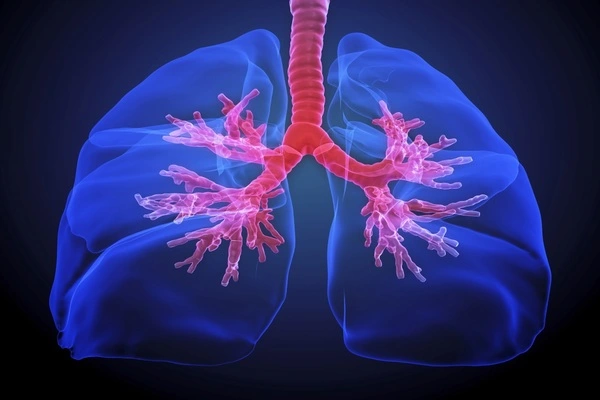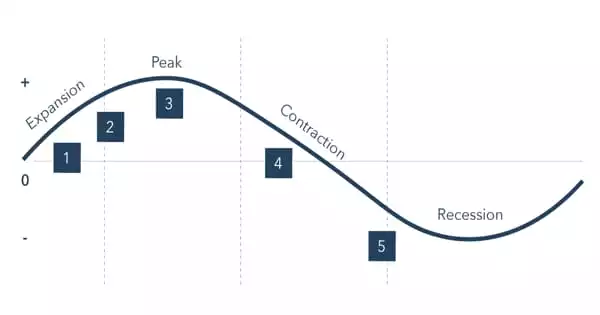Higher levels of omega-3, a healthy lipid found in fish and nuts, were linked to improved lung function and prolonged transplant-free longevity. Could the good fats contained in nuts and fish halt the progression of potentially fatal lung scarring known as pulmonary fibrosis, delaying the need for lung transplants?
UVA pulmonary researchers investigated the relationship between blood plasma levels of omega-3 fatty acids (heart-healthy fats found in foods such as salmon and flaxseeds) and the advancement of pulmonary fibrosis, as well as how long patients may go without requiring a transplant. The researchers discovered that higher omega-3 levels were connected with improved lung function and prolonged transplant-free life.
While additional research is needed, the researchers believe their findings merit clinical trials to see if therapies that increase omega-3 levels will improve outcomes for individuals with pulmonary fibrosis and other chronic lung disorders.
“We discovered that higher levels of omega-3 fatty acids in the blood, which reflect several weeks of dietary intake, were associated with improved lung function and longer survival,” said researcher John Kim, MD, a pulmonary and critical care specialist at UVA Health and the University of Virginia School of Medicine. “Our findings suggest omega-3 fatty acids might be a targetable risk factor in pulmonary fibrosis.”
Higher levels of omega-3 fatty acids were predictive of better clinical outcomes in pulmonary fibrosis. These findings were consistent with whether you had a history of cardiovascular disease, which suggests this may be specific to pulmonary fibrosis.
John Kim
Omega-3 and Pulmonary Fibrosis
Omega-3 fatty acids have already been linked to a host of health benefits. Studies have suggested, for example, that they may lower the risk of heart disease, stroke-causing blood clots, breast cancer and other cancers, Alzheimer’s disease and dementia.
Kim and his colleagues wanted to determine if omega-3s could play a protective role in interstitial lung disease, a group of chronic lung diseases that can lead to pulmonary fibrosis. A growing problem around the world, pulmonary fibrosis is an irreversible condition that leaves the lungs unable to exchange oxygen and carbon dioxide properly. This can cause patients to become short of breath, weak, unable to exercise and a host of other symptoms. Smoking is a major risk factor.
The researchers looked at anonymized data on patients with interstitial lung disease collected in the Pulmonary Fibrosis Foundation Registry, as well as information volunteered by patients at UVA Health and the University of Chicago.

The investigators examined data on over 300 persons with interstitial lung disease. Most were men (pulmonary fibrosis is more frequent in men than in women), and the majority had “idiopathic” pulmonary fibrosis, which is one of the disorders classified as interstitial lung disease.
The researchers discovered that higher levels of omega-3 fatty acids in the plasma were connected with an improved ability to exchange carbon dioxide and longer survival without the need for a lung transplant. This remained relatively constant regardless of smoking history or cardiovascular disease.
“Higher levels of omega-3 fatty acids were predictive of better clinical outcomes in pulmonary fibrosis,” Kim said. “These findings were consistent whether you had a history of cardiovascular disease, which suggests this may be specific to pulmonary fibrosis.”
According to the experts, more research is needed to determine how omega-3 fatty acids may provide this protection. They advocate for more clinical trials and mechanistic investigations to get additional insights and assess whether omega-3 fatty acid medicines or dietary adjustments can enhance patient outcomes.
“We need further research to determine if there are specific omega-3 fatty acids that may be beneficial and, if so, what are their underlying mechanisms,” added Kim. “Similar to other chronic diseases, we hope to determine whether nutrition related interventions can have a positive impact on pulmonary fibrosis.”
















